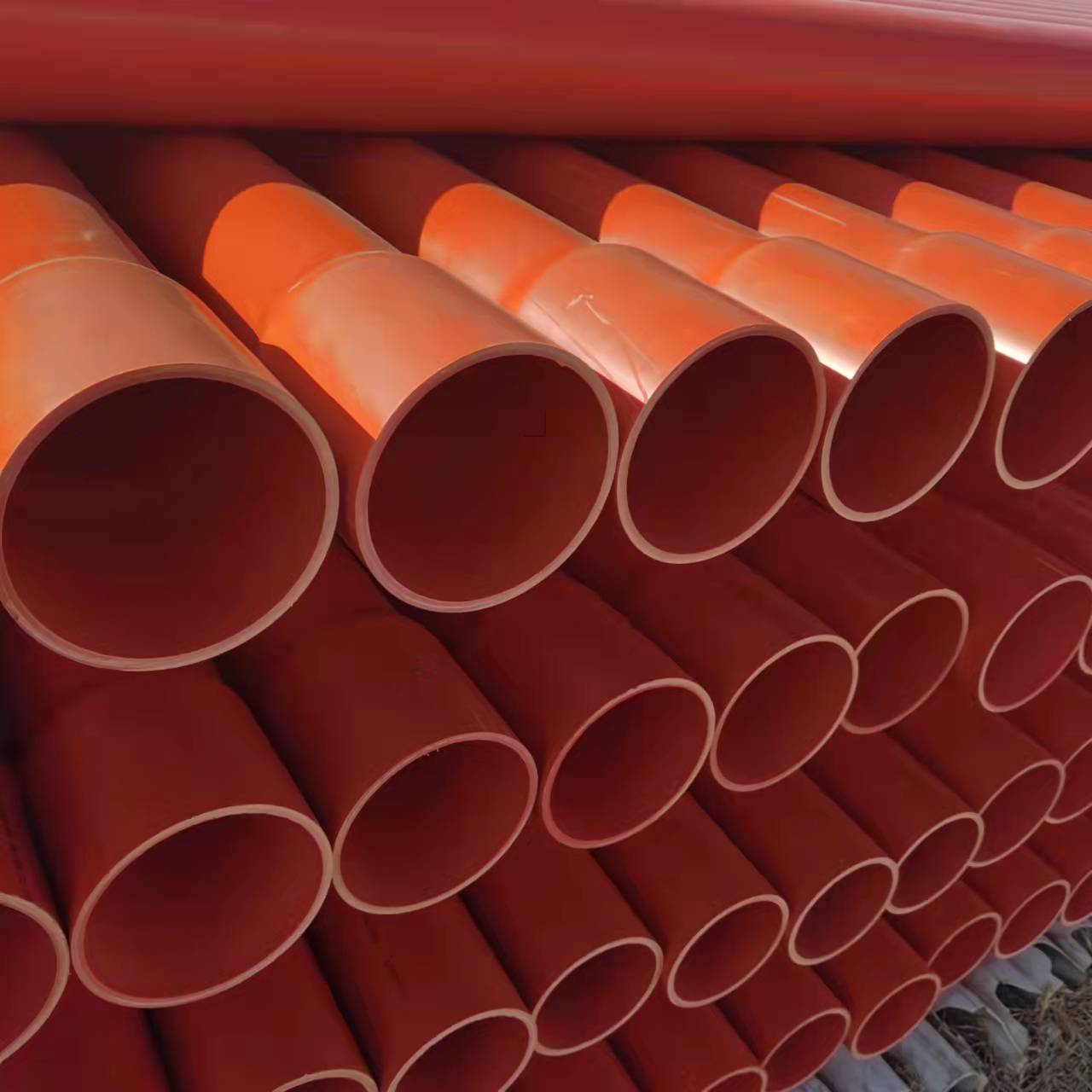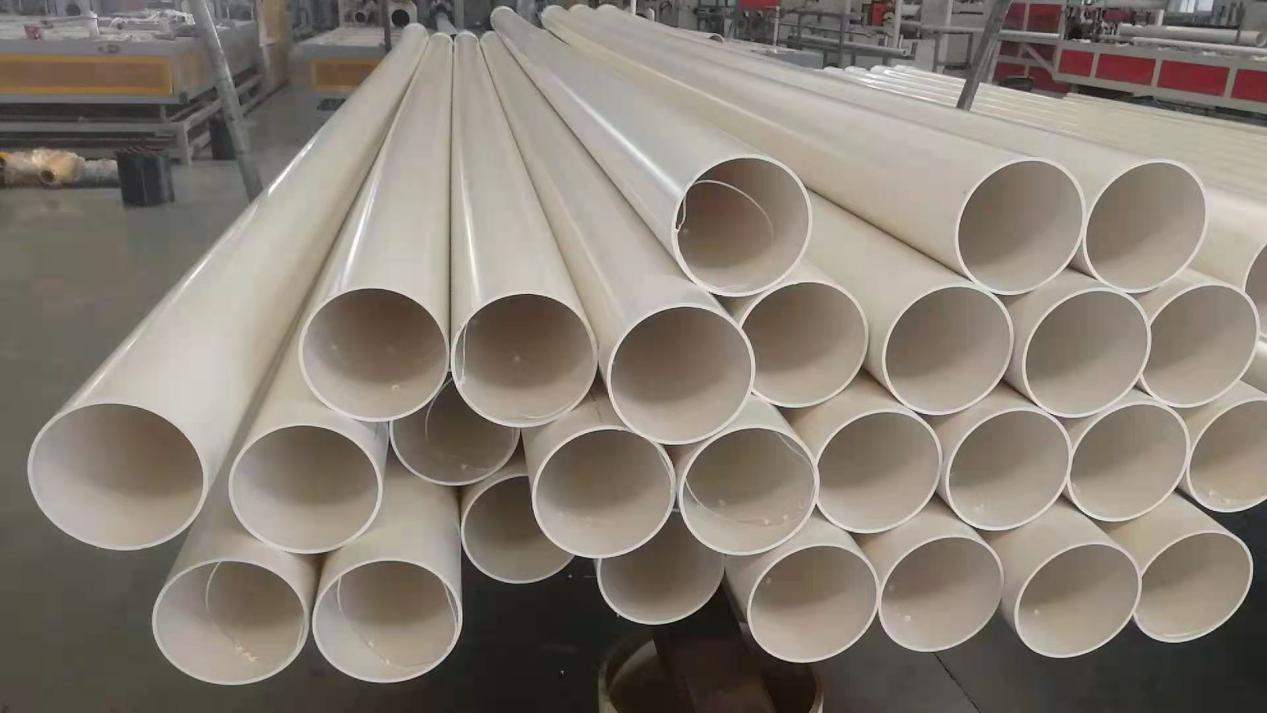UPVC or CPVC Cable Conduit,which one is better?
2025-07-14
EastBoom’s Expert Analysis:Find the Best Fit for Your Project!
UPVC (unplasticized PVC) is rigid polyvinyl chloride enhanced with additives, offering higher mechanical strength than standard PVC.CPVC (chlorinated polyvinyl chloride) undergoes a specialized chlorination process, increasing chlorine content. This enhances its mechanical strength, heat and chemical resistance.Both UPVC and CPVC provide excellent chemical corrosion resistance, insulation, and flame retardancy (self-extinguishing), making them ideal for cable protection.

But UPVC or CPVC Cable Conduit,which one is better?
Flame Retardancy CPVC outperforms UPVC due to higher chlorine content.Heat Resistance CPVC handles temperatures 15°C higher than UPVC, remaining stable above 93°C.Insulation CPVC withstands over 30,000 volts, making it superior for high-voltage applications.Durability CPVC’s ring stiffness reaches 10 kPa, withstanding 1kg impact from 2m height even at 0°C, offering stronger pressure and impact resistance.

So,CPVC is the best choice for high-voltage cable protection due to its superior performance.
UPVC is more cost-effective (no chemical modification required) and ideal for low-voltage (<10kV) cables, weak current systems, communication wiring, indoor conduits, and municipal lighting projects.
Contact us now for competitive pricing!




